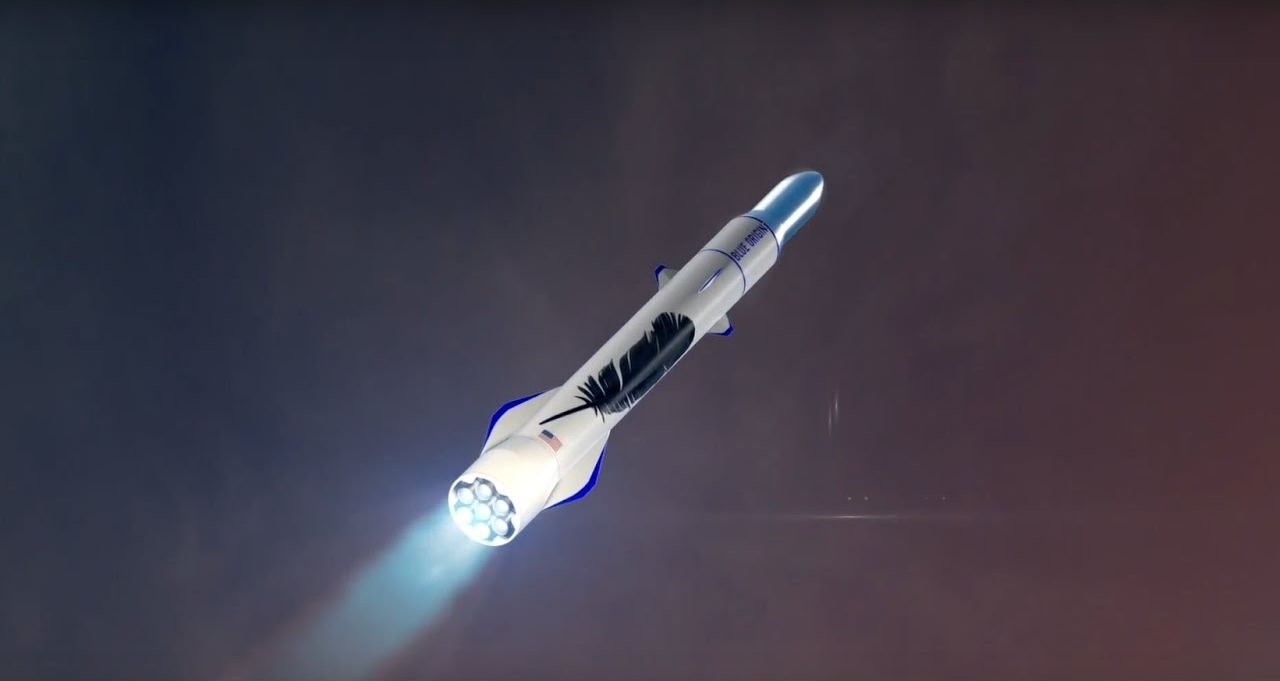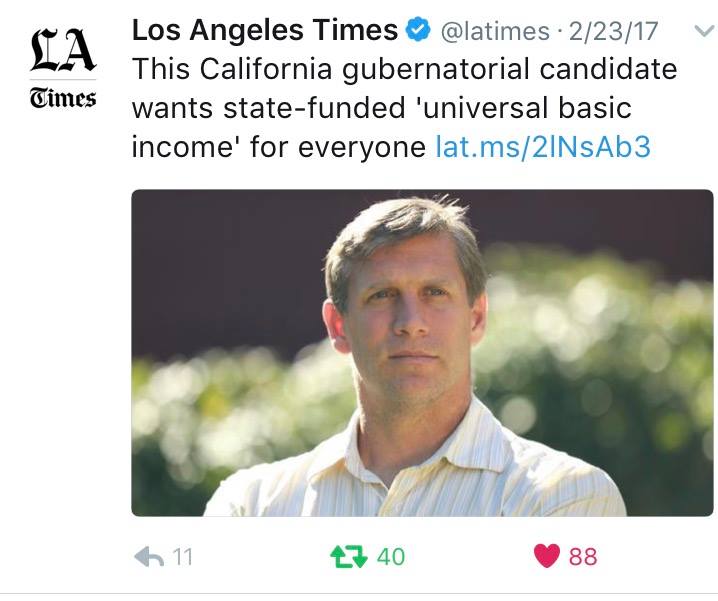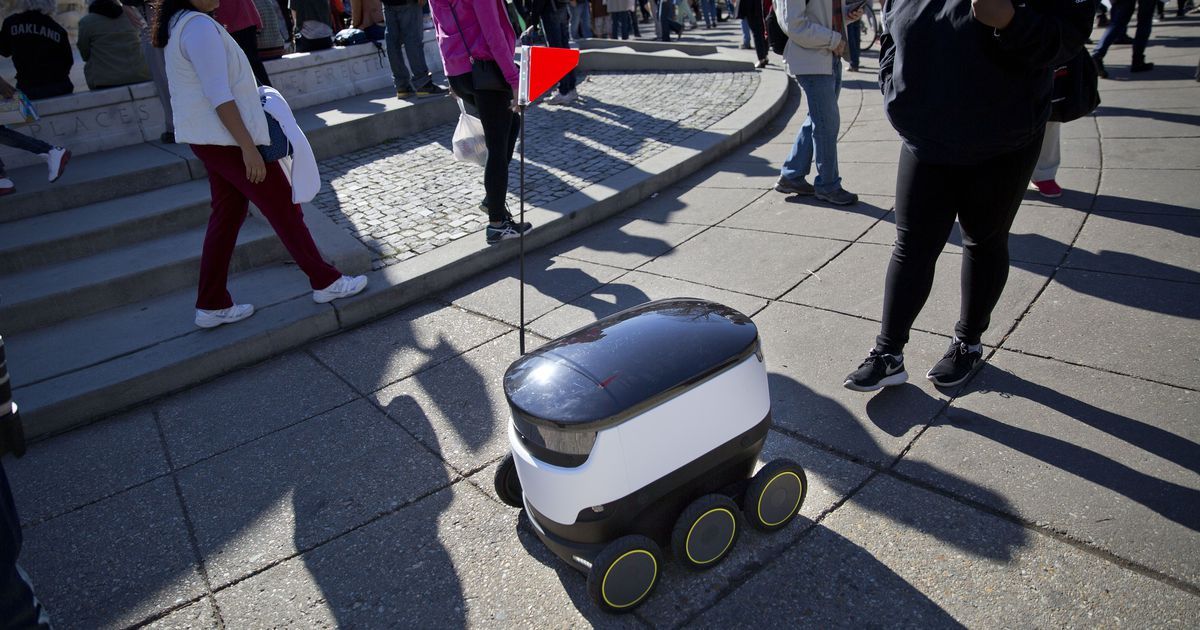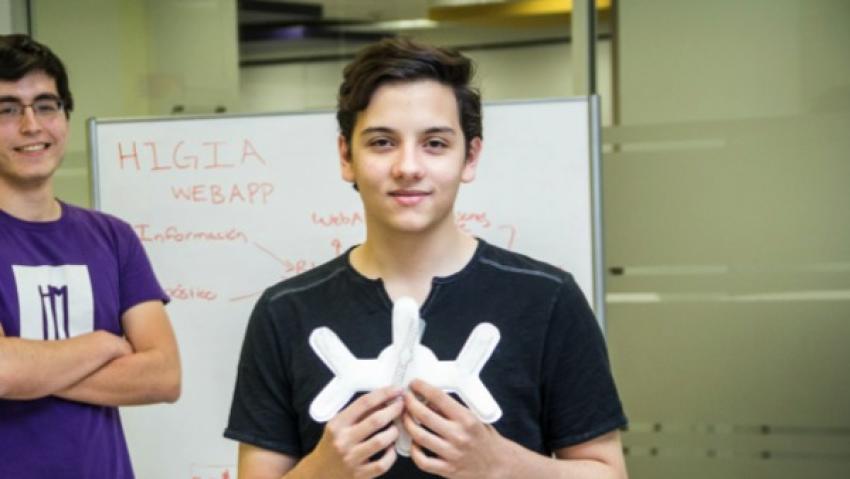Archive for the ‘futurism’ category: Page 1068
Mar 5, 2017
This machine will write notes in your own handwriting
Posted by Saúl Morales Rodriguéz in category: futurism
Mar 5, 2017
The LA Times story last week on my California gubernatorial run, with its rather racy headline, generated some interesting comments on Reddits Politcs
Posted by Zoltan Istvan in category: futurism
I hope to in the next few weeks put out some of my first articles about my libertarian policies—including the all important need for far lower taxes. I believe technology can help us get to a day with zero taxes. https://www.reddit.com/r/politics/comments/5w08pf/this_calif…ate_wants/
Mar 3, 2017
Robots are about to make your beer runs
Posted by Bryan Gatton in categories: futurism, robotics/AI
In the future, your beer will be delivered by by robots that look like big beetles out to set up a golf course.
Virginia became the first state in the union on Wednesday to legally allow robots to use sidewalks and crosswalks just like us humans.
SEE ALSO: Bizarre Boston Dynamics robot moves like a world-class athlete.
Continue reading “Robots are about to make your beer runs” »
Mar 1, 2017
Tiny tubes in Canadian rock may be oldest known fossils
Posted by Dan Kummer in category: futurism
NEW YORK (AP) — Tiny tubes and filaments in some Canadian rock appear to be the oldest known fossils, giving new support to some ideas about how life began, a new study says.
The features are mineralized remains of what appear to be bacteria that lived some 3.77 billion to 4.28 billion years ago, the scientists said. That would surpass the 3.7 billion years assigned to some other rock features found in Greenland, which were proposed to be fossils last August.
Such early-life findings are not as clear-cut as, say, digging up a dinosaur bone. The key question is always whether the rock features were really produced by living things. The new study hasn’t convinced everybody.
Continue reading “Tiny tubes in Canadian rock may be oldest known fossils” »
Mar 1, 2017
Tiene 17 años y con tecnología para cáncer apunta a mercado de 100,000 mdd
Posted by Saúl Morales Rodriguéz in category: futurism
El mexicano Julián Ríos inventó un brasier que es capaz de recolectar información a través de sensores y con inteligencia artificial arrojar un diagnóstico más preciso y no riesgoso.
The future of smart devices is here. Sony brings you Xperia Ear, Xperia Touch, Xperia Agent CONCEPT, and Xperia Ear Open-style CONCEPT—all here on the official Sony website.
Feb 28, 2017
Singularity.FM: The Original and Best Known Singularity Podcast
Posted by Mark Larkento in categories: futurism, singularity
Nikola Danaylov Soars to No. 1 Best Seller for.
‘Conversations With The Future: 21 Visions for the 21st Century’
Singularity. FM Podcaster and Author, Nikola Danaylov was recently recognized as an Amazon #1 International Best Seller for his new book, “Conversations with the Future: 21 Visions for the 21st Century.”
“Conversations with the Future” reached #1 on Amazon’s U.S. and Canadian Best Seller lists in several categories including:

















